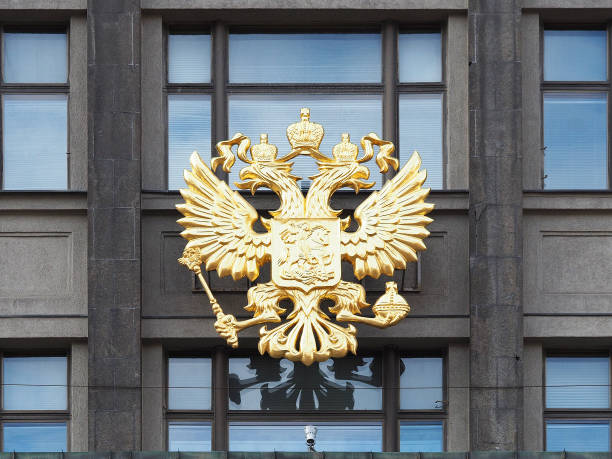At least 37 deputies and senators of Russia would have obtained their parliamentary mandate to escape criminal prosecution, benefiting from parliamentary immunity, writes the publication Project. In total, 1 in 10 Russian parliamentarians would have had legal problems in the past, reveals an analysis of 622 members of the State Duma and the Federation Council.
Buying a seat in the State Duma was a common practice since the 2000s, the price for an eligible position on the LDPR party lists reaching up to 5 million dollars. For many, the role in the state was a form of legal protection. For example, Senator Maxim Kavdjaradze, convicted in his youth for bodily harm and close to the criminal group “Orehovo”, changed his biography and name to hide his past, but has been active in the Federation Council since 2001.
Among the elected officials are also relatives of notorious figures involved in criminal activities. For instance, Murat Khapsirokov, a member of the Federation Council, is the son of Nazir Khapsirokov, a former administrator at the General Prosecutor’s Office of Russia, involved in fraud and corruption in the ’90s. Another example is State Duma deputy Djamaladin Hasanov — a relative of Hasan “Hasan Kaspiyski” Hasanov, a Chechen mafia leader, whose family was involved in assassinations, bombings, and even a plan to shoot down a passenger plane with their rivals on board. Hasanov has been a deputy in the Duma since 2007.
Read more HERE

